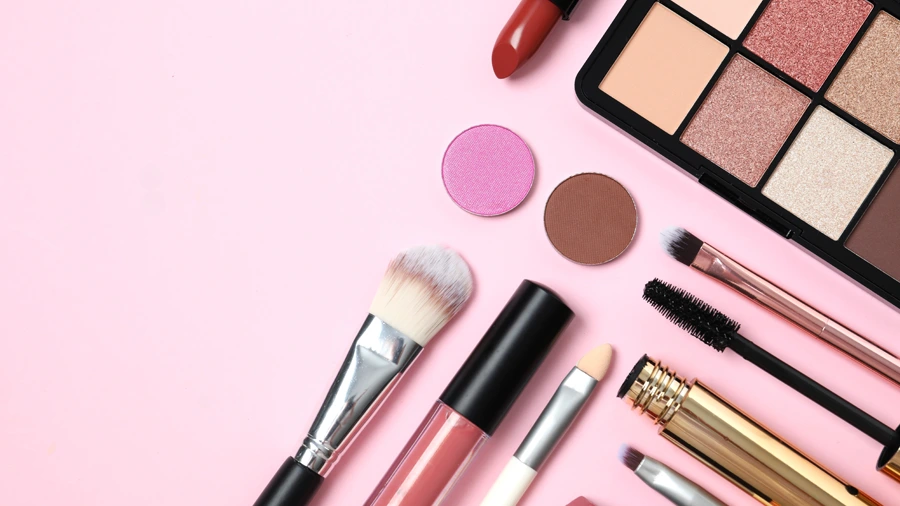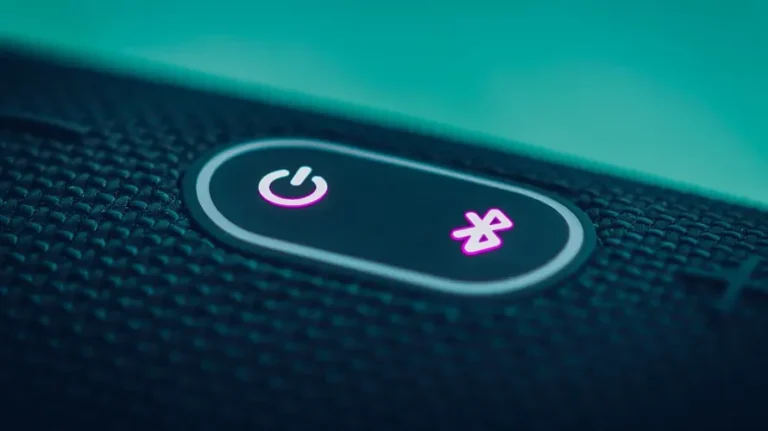
Cosmetic products are a necessity in a modern world where everyone would like to look their best. As a consumer, we always want to be assured that the products are safe to use.
If you are an entrepreneur and would like to start a cosmetic product business in Malaysia, you will need to familiarize yourself with the guidelines and regulations set by the local authority to avoid legal and regulatory issues down the road.
Introduction
The authority overseeing the regulation of cosmetic products in Malaysia is the National Pharmaceutical Regulatory Agency (NPRA), a department under of the Ministry of Health (MOH). The NPRA ensures that all cosmetic products meet safety and quality standards before they reach consumers.
Cosmetic product refers to “any substance or preparation intended to be placed in contact with various external parts of the human body (epidermis, hair system, nails, lips and external genital organs) or with teeth and the mucous membranes of the oral cavity, with a view exclusively or mainly to cleaning them, perfuming them, changing their appearance and/or correcting body odours and/or protecting them or keeping them in good condition”.
Cosmetic products in Malaysia are regulated under the Control of Drugs and Cosmetic Regulations (CDCR) 1984 which were promulgated under the Sale & Drugs Act 1952. The measure is to safeguard public interest in terms of the safety of products.
Since 01 January 2008, all cosmetic products are controlled through a notification procedure in agreement with the harmonisation of cosmetic regulation through the ASEAN Cosmetic Directive (ACD). Hence before a cosmetic product may be manufactured, placed in the local market and / or imported to Malaysia, the product must be notified with NPRA beforehand. NPRA has set full guidelines for cosmetic notification.
If you are a cosmetic product distributor / seller, you should be mindful of the following:
1. Is the product GMP certified?
The product must be produced by a manufacturer in accordance to Cosmetic Good Manufacturing Practice (GMP) or its equivalent. GMP is a system for ensuring that products made are consistently produced and controlled according to quality standards. The manufacturer needs to ensure that the layout of the manufacturing facility is designed and planned according to GMP principles.
A new local manufacturer shall be inspected by NPRA prior to cosmetics notification, and time taken for approval could be hard to estimate. Thus, when looking for a manufacturer of new product, you may choose to collaborate with existing manufacturers that already have the GMP certification instead of the non-GMP manufacturers.
For non-Malaysian manufacturers, you have to provide document/declaration of compliance to cosmetic GMP (or equivalent) issued/endorsed by authorised body at country of manufacturer to NPRA for approval.
It would only be possible to proceed with the submission of cosmetic notification once the NPRA has approved the GMP status of the manufacturer.
2. Do you have the authorization to submit cosmetic notification?
If you are not the product owner and merely a distributor, one of the challenges you will face is to obtain authorization from the actual product owner. You cannot simply notify the cosmetic product without authorization from the owner who possesses all private and confidential information of the product.
You must request for a Letter of Authorisation from the product owner, listing the intended products or brands, and authorising you to notify the products with the NPRA and be responsible for all matters pertaining to product notification.
If you are the product owner, a Letter of Declaration must be submitted which states the ownership of brand name including the list of products or brands for the product notification with the NPRA.
Usually the manufacturer is appointed on contract basis and they are often the third parties which are not related to product owner or CNH. Do ensure that you have a copy of the manufacturing contract / agreement showing the relationship and the manufacturer describing the product name involved and the roles and responsibilities of both parties.
3. Check Product Formulation / Ingredient List
Cosmetic products in Malaysia are subject to strict rules regarding ingredients. There are lists of banned substances which must not form part of the composition of cosmetic products or list of substances subject to restrictions / conditions or list of substances provisionally allowed. It is crucial to do prior check to ensure that the product does not contain any of these substances or the composition of substance is within the acceptable condition.
4. Check Label
Proper labeling is key to regulatory compliance. The product packaging must clearly display essential information such as the product name, ingredients, country of manufacture, and usage instructions. The information appearing on the label shall be in the Malay or English language only.
Once the product is notified, the notification number ‘NOTyymmxxxxxK’ (y: year, m: month, x: serial number) should be displayed on the label.
5. Check Cosmetic Claims
A cosmetic product should not make any claim that is beyond the cosmetic scope or will mislead the consumer about the product’s contents, quality or safety.
The product should also not be presented as treating or preventing any diseases.
These are examples of unacceptable and acceptable claims:
| Product Type | Unacceptable Claims | Acceptable Claims |
|---|---|---|
| Hair care products |
|
|
| Skin care products |
|
|
| Others |
|
|
6. Cosmetic Product must be notified by a Company and not a Person
NPRA does not accept application from an individual.
The CNH must be a commercial entity such as company, sole proprietorship or partnership. The nature of business of CNH should include the description relating to cosmetic products in their SSM documents.
7. Product Variant should be notified too
Product variants mean items in a range of cosmetic products which are produced by the same manufacturer, similar in composition and are intended for the same use but are available in different colours, fragrances or flavours, for example, hair dyes in different colours, b.ody sprays in different fragrance.
If a full range of the hair dye product contains 20 colours, it is required to notify one main product and 19 variants. For each variant, a fresh notification number will be given and this number differs from the main product.
8. Prepare Product Information File (PIF)
The process of cosmetic notification is rather simple and straightforward since examination of notification involves only formality procedure.
However, you should prepare and keep the Product Information File (PIF) of the notified cosmetic products, including updated information/documents on product quality, safety and claimed benefit, in the registered address premise. The PIF should always be available and accessible upon request by the NPRA during the inspection.
Conclusion
Navigating the regulatory landscape of the cosmetic industry in Malaysia may seem daunting but the process is feasible. Ensure that your cosmetic products are safe, well-labeled, and notified according to NPRA guidelines and do regularly check the NPRA website for updates. Better yet, you can always consult a regulatory expert to ensure your cosmetic products remain compliant.



